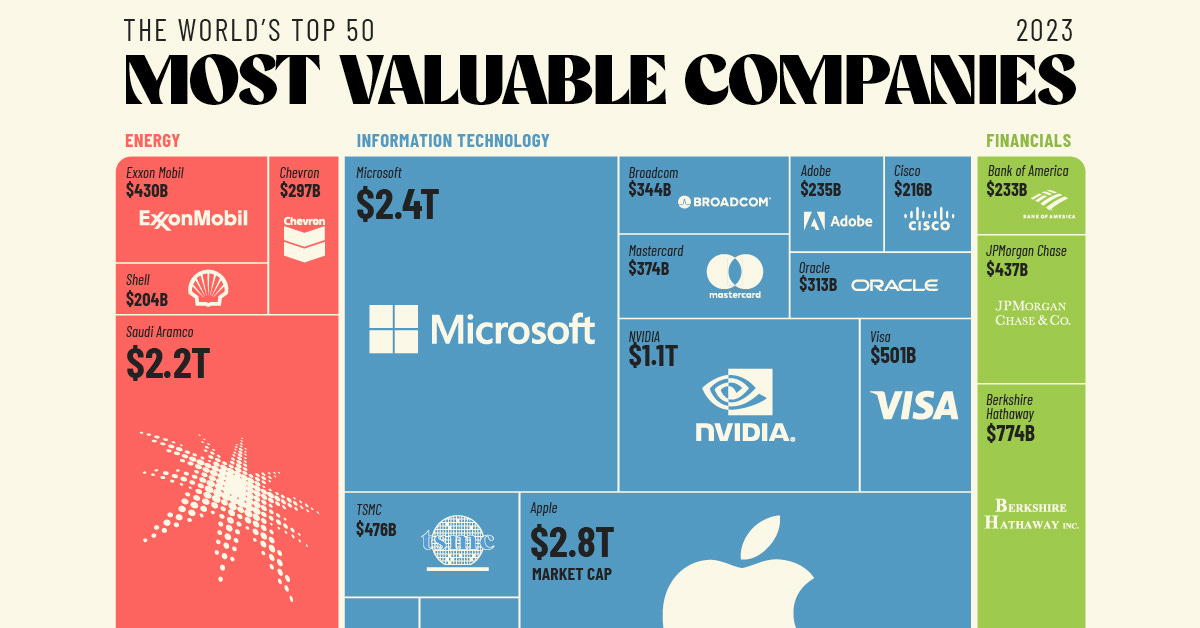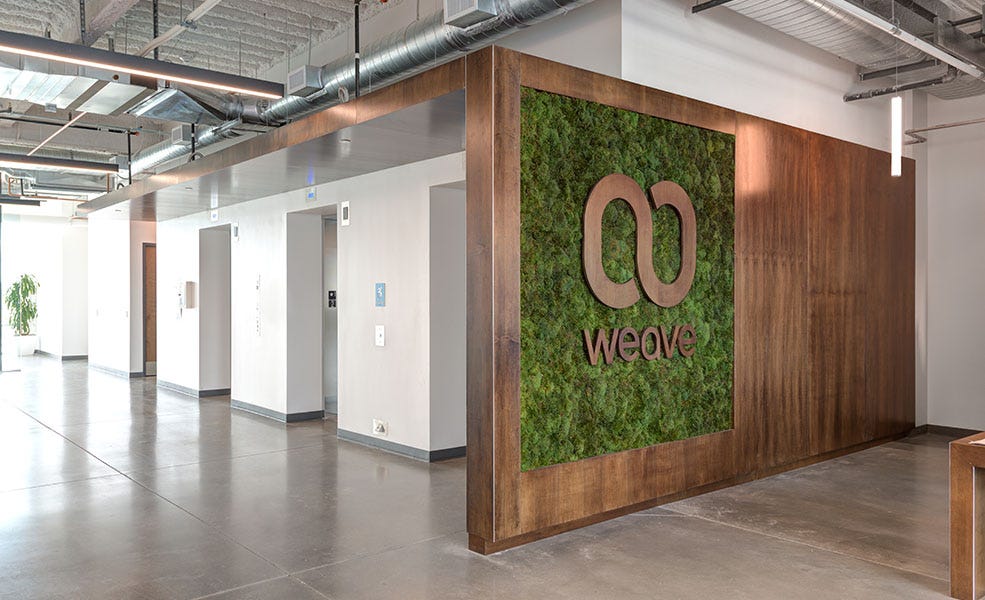The Trouble with Optionality
Over the past several years, I’ve done quite a few “info interviews” with MBA or undergrad business students who want to chat about career advice. One of the things that has always seemed odd to me about these conversations is how many students say, without any sense of irony, that they are equally considering “working at a F500 company, joining a consulting firm, or maybe founding an early stage startup” (as if all of these were similar options and could somehow be pursued effectively simultaneously).
I completely get wanting to keep your options open, and I don’t blame others for being interested in multiple paths. Most bright people tend to be interested in lots of things and have a hard time narrowing things down. One of the running jokes among my former consulting co-workers was that “consulting is full of smart people who don’t know what they want to be when they grow up yet.”
Optionality is good, but we can easily overdo it. I’ve firmly come to believe that you can’t effectively pursue a “any size will do” strategy. There are simply massive differences between working at Google vs. operating a local Mainstreet business. While you can have a great career and financial outcome from either, someone who thinks that they can simultaneously try both paths will most likely end up with suboptimal results, especially since they’ll be competing with others who are tailoring their entire career strategy to that specific space.
Rather than try to “do it all” at once, I recommend that when looking for the right company to join we first answer the question: “What Company Size Fits Me Best?”
What Clothes have to do with Company Selection…
This concept is often explained with a somewhat silly, but apt analogy: Buying clothes
The key to good style is primarily about finding what size suits you best. No one looks great in clothes that are too big or too small. People look fantastic in clothes that seem perfectly tailored to them. Some of us look best in S. Others in M. Other in L or XL. The size itself doesn’t matter. The fit does.

Just like everyone has the right clothing size, I believe people also have a “company size” that fits them best
- Some of us as “S” company people (we would go crazy in large “bureaucratic” organizations)
- Some of us are “L” company people (we would hate the chaotic nature & risk of a “wild west” startup)
- Some of us are “M” company people (we want some of the stability of a larger org, but a little bit of the career trajectory of a younger company but are afraid of the drawbacks of both so we compromise)
The good news is that you can have absolutely wonderful careers in any size company. There are a lot of ways to make money! I have friends who are wonderfully successful at Amazon vs. small unknown startups vs. companies in between.
A common mistake that I see (particularly in MBA programs or on college campuses) is an unspoken cultural agreement that some company sizes are simply “better/cooler” than others and you should pursue those.
For example: if you spend any time at a local university campus or on X/Twitter you’d probably come away thinking that everyone should join a startup (aka a “S” company).
Other universities/groups are all about big (“XL”) companies (ex: McKinsey, Google, Amazon, etc..) and think you’d be nuts to pass on the high salaries / benefits packages they offer.
This seems rational when talking about careers, but makes no sense when talking about clothes. It would be crazy for someone who is clearly a “L” to try and squeeze himself into a “S” simply because that’s what they think is most popular those days. Likewise, it would look silly for someone who is an XS to try to wear an XL because that’s what everyone on the internet says they should do. In both fashion and career choice, “one size fits all” rarely works out well…
Finding Your “Fit”…
The key to finding your “company size fit” is to take a good look in the mirror and ask which of these tradeoffs feels right / authentic to who you are. This is a deeply personal decision. What is a good fit for you may be different from what is best for your friends.
I’ve always found that what helps me most is to “try on” as many clothes (companies) as possible via internships, sponsored projects, or even just info interviews with people who work at different types of companies. I pay attention to what feels most comfortable for me, what kinds of people each company tends to attract, and where I feel like I would fit in best.
The other key is to understand (at a high level) the pros/cons you’ll experience between different company sizes. Here are a few things to consider (note: this is not all-inclusive, the main point is to highlight that each size comes with tradeoffs).
LARGE COMPANY (L / XL) TRADEOFFS

Pros:
- Stability and Security: Large corporations often offer greater stability and job security since they already have established product-market-fit (PMF) + generally stable finances (aka, are already profitable).
- Compensation Packages: At the upper (or even mid) levels, the salary + equity in some large orgs can be extremely attractive. Just ask any Facebook/Apple/Amazon/Google employee what their stock packages look like. Even mid level managers can do extremely well.
- Prestige: Going to a large company has a “brand name” advantage. In some cases, it’s like putting Harvard or Stanford on your resume. Having that “prestige factor” can open doors and means a lot to some people.
- Comprehensive Benefits: Often the best / most comprehensive benefits packages (e.g., health insurance, retirement plans, and professional development programs).
- Global Opportunities: Large corporations often have a global presence, meaning that if you’re interested in opportunities for international assignments (ex: you’ve always wanted to live in Europe) this is probably your best route.
Cons:
- Bureaucracy and Red Tape: Large organizations can suffer from overly bureaucratic processes and rigid hierarchies leading to slow decision-making (you may feel like it takes years for your work to have any immediate impact).
- Cog in the Wheel Syndrome: You can feel like a tiny part of a massive machine. Some people don’t mind this (as they view it as contributing to a great mission). Others feel invisible and undervalued.
- Stiff Competition for Promotions: In large companies competition for promotions and recognition can be fierce. Wherever there is prestige, there will be others who want it. This means that you can sometimes go much longer than you’d like before rising up the ladder.
- Specialization: Can be a pro or a con (depending on your interest), but you’re much more likely to be a specialist than a generalist at a big organization.
SMALL COMPANY (S / XS) TRADEOFFS

Pros:
- Financial Upside: If you’re joining a small company (either a startup or owning your own business) you probably own a large portion of the equity. And if your company does well that equity can be worth a life-changing amount of money
- Opportunity for Rapid Career Growth: In a small company employees have to wear multiple hats and those who can execute fast/well get recognized. If you join early and perform well there’s a solid chance you’ll climb the ladder much faster than those at larger orgs (aka you’ll “rise with the tide”). You can be a big fish in a small pond.
- Your Contributions Matter Big Time: In a small org every team member matters. There’s no place to hide. So if you do a great job you’ll immediately see the impact of your work (note: this can also be a downside since there’s nowhere to hide either).
Cons:
- Limited Resources (and Initial Pay): In most cases, Small companies have limited budgets and resources, which can impact salary, benefits, and the quality of the tools you’ll have to do your job.
- Risk, Risk, Risk: With great reward usually comes great risk. Startups (and other small businesses) have a much higher failure rate compared to larger ones. If you’re not comfortable with the fact that your company has a much higher likelihood of not making it, XS or S is probably not for you.
- Wild West Syndrome: Small businesses tend to be younger. And with youth comes a lack of any sort of organization or process. Without well-defined processes and hierarchy, employees in small companies may face ambiguity in roles and responsibilities, leading to inefficiencies or conflicts.
MEDIUM COMPANY (M) TRADEOFFS

You may be wondering why I put this size last. The reason is simple: It’s a blend of the tradeoffs of L vs. S companies. You get a tempered version of both. The pros aren’t (usually) quite as high, and the cons (usually) aren’t quite as low.
This is actually what my personal “company size” fit is (and is the reason I joined Weave). I didn’t have the risk / Wild West tolerance to join a small startup working out of a basement garage that was just figuring things out, but I also didn’t want to go back to the large company world I had just come from. I was looking for something that was relatively stable + had a higher starting salary (since I’m fairly low risk + have a wife/4 kids to take care of) but also had some more rapid career growth + equity upside opportunities.
I’ve learned that size “M” is a perfect fit for me personally.
Some of my best friends are the complete opposite (for example: one of my best friends is absolutely killing it at Facebook (an L company), and another is thriving in a small PE-backed business (an S company). The good news (again) is that each company size can easily lead to a deeply fulfilling and successful career. It’s not a choice between good/better/best, it’s about what “fits” you best.
Conclusion
In short, it’s worth spending a good deal of time thinking about what feels the most comfortable for you. If helpful, ask a trusted mentor/family member/spouse what “size” they think best matches your personality and goals. But ultimately you just need to trust your instincts when it comes to this (and ignore the opinions of your classmates, friends, and the internet blogs).
PS: If you’re looking for some inspiration I’d highly suggest reading Chapter 3 of Malcolm Gladwell’s book “David and Goliath” where he talks in-depth about the advantages (and disadvantages) of being a “Big Fish in a Small Pond” vs. being a “Small Fish in a Big Pond”. It’s something that changed forever the way I think about career opportunities, MBA programs, and basically any sort of career decision.


